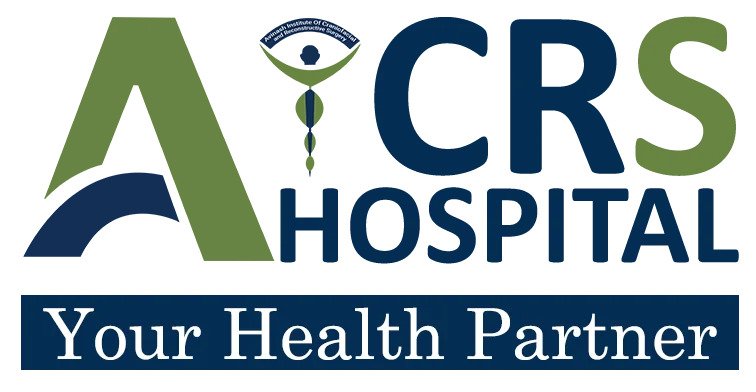Women’s Wellness & Life Care
From surviving to thriving — we’re here every step of the way.
At AICRS, we offer dedicated services focused on the unique health needs of women at every life stage. Our Women’s Wellness & Life Care program is designed to support you through transitions, challenges, and choices — with comfort, dignity, and thoughtful care.
Whether it’s managing everyday health concerns, addressing deeper wellness needs, or preparing for the future, we’re by your side with expertise that listens and solutions that respect your goals.
How We Support Women’s Health & Empowerment
1. Uterine Support & Recovery
When internal discomfort or long-term challenges affect the uterus, we offer advanced, yet minimally disruptive care options. Whether it's to relieve pain, reduce bleeding, or help you feel like yourself again, our goal is to restore wellness and comfort — with full respect to your life plans.
2. Ovarian Wellness
Sometimes, issues like persistent discomfort or risk-related concerns may require more active support. We’re here to guide you through safe, well-planned procedures that can relieve symptoms and provide peace of mind.
3. Fallopian Care & Safety
For individuals managing specific risks or urgent concerns, our team provides safe and effective support involving the fallopian tubes — always balancing health needs with future goals.
4. Fertility-Friendly Options
When uterine growths or other changes affect your daily life or fertility hopes, we offer procedures that help manage symptoms while preserving your ability to conceive, whenever possible. We respect your family goals and design your care plan accordingly.
5. Menstrual & Bleeding Solutions
If you’re dealing with irregular or heavy monthly cycles, we provide simple, outpatient options to help restore balance and improve your daily life — without long recovery times.
6. Recovery After Pregnancy Loss or Irregular Cycles
Sometimes the body needs a gentle reset. When recovery is needed after a loss or to manage other changes, our team provides compassionate, short-term procedures to support healing and clarity.
7. Close-Up Cervical Checks
For individuals with irregular screening results or ongoing concerns, we offer close-up diagnostic assessments to ensure early action and accurate results — with care and clarity at every step.
8. Minimally Invasive Women’s Procedures
Many women’s health procedures can now be done with minimal downtime. Using modern, less-invasive methods, we support fast recovery while addressing the root issue — whether for pain, fertility, or overall pelvic health.
AICRS is here to support your life transitions, not just treat conditions.
From adolescence to adulthood, from motherhood to menopause, we partner with you to create a wellness path that reflects your body, your choices, and your goals.
With gentle care, clear communication, and the right guidance — we help you move from concern to confidence.







 Contact No: 8641853100 / 9883164288
Contact No: 8641853100 / 9883164288  Email : akbcaregroup@gmail.com
Email : akbcaregroup@gmail.com